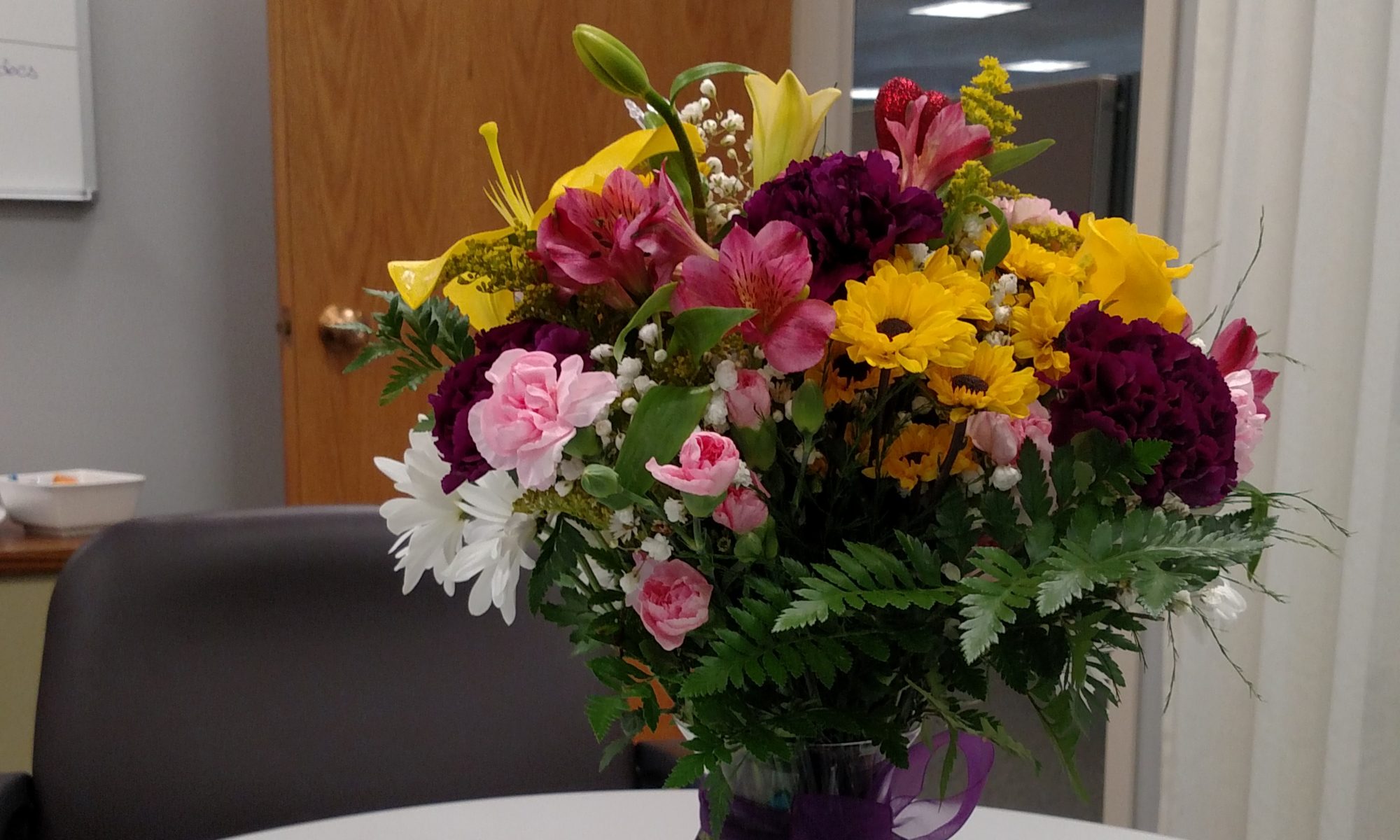
You just want to get out unscathed.
But what if there was a better option?
Mess up much? Me too. In fact, I make so many mistakes I could fill a steamer trunk.
And yes, I do all the things that everyone does. I indulge in shame and tie my self worth to the mistake and look for ways to avoid all that unpleasantness by eating, drinking, watching TV, reading – you get the picture. I’m not perfect – and neither are you.
None of us is, which is why mistakes are inevitable.
If you believe John C. Maxwell, and his book Failing Forward, mistakes are the way forward too. So if you’re trying to grow, then you’re going to have to make a lot of mistakes. You can read more about that in my blog Failure is not Actually Optional.
Typically, we see mistakes as a dual outcome event.
Things around us can get worse because of the mistake or we can recover from it and escape unscathed.
It’s like an evil Hobson’s choice – take a really bad outcome or be happy you got nothing.
How often do you leap from your chair and gasp “Hooray, I’ve made a mistake! Now there are new, better outcomes that wouldn’t have been available a minute ago!”
Right? Never. And yet, that possibility exists.
That third path, that failing forward, that post-traumatic growth, exists as one of three possible outcomes – not two.
- Things can get worse.
- Things can stay as they are.
- Things can be better.
Here’s why we miss that third path, why we never even look to the left to notice it – during times of stress, our brains have a natural tendency to narrow our focus. To find out more about how this works and why – check out The Opposite of Chronic Stress. For now, suffice it to say, that we think mistakes are deadly, they mean that there is something wrong with us, they could get us kicked out of the tribe. All that negativity narrows our focus and we have less capacity to see a third path forward, the path that leads to something better.
We’ve all experienced it – the mistake we thought would be terrible caused an unpredicted and wonderful outcome. Yet, just when we need it most, our brains close down to the possibility.
How can we overcome this? Simple. Awareness. It’s enough to know that there are three paths out of any mistake. Write it on a post-it note and keep it handy. I might tattoo it across my own knuckles.
On my left fist – RELAX
On my right fist – 3 PATHS
And that?
Could turn your steamer trunk of mistakes into a treasure chest of wins.
Never miss a blog. Sign up here for my Monday morning newsletter – “It’s Monday”. You’ll get information about new programs and offers, links to interesting videos and books all in your inbox.




